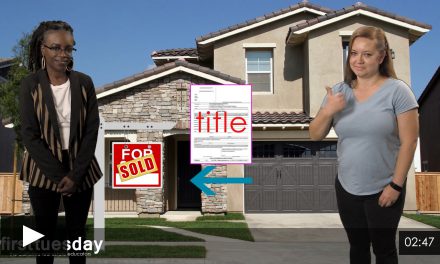Facts: A borrower entered into a loan with a lender to purchase rental property to lease to a tenant. The loan agreement stated the loan would become recourse if the landlord or tenant terminated or cancelled any future lease for the property without the prior written consent of the lender. As a condition of funding, a guarantor signed a guarantee agreement, accepting liability for payment of the loan in the event it became recourse. The borrower entered into a lease agreement with a tenant. The tenant later abandoned the property and stopped paying rent, causing the borrower to default. The lender foreclosed on the property and it was sold for less than the outstanding balance. The lender sought payment of the deficiency from the guarantor.
Claim: The guarantor claimed he was not liable for the deficiency since the triggering event causing the loan to become recourse never occurred as the lease was never terminated, but only breached by the tenant.
Counter claim: The lender claimed the guarantor was liable for payment of the deficiency since the tenant’s abandonment of the property was akin to terminating the lease, triggering the recourse nature of the loan.
Holding: A California appeals court held the guarantor was not liable since the tenant did not terminate the lease, but rather breached it, and thus the loan never became recourse. [GECCMC 2005-C1 Plummer Street Office Limited Partnership v. NRFC NNN Holdings, LLC (2012) 204 CA4th 998]
Editor’s note: Realizing the loan agreement allowed the tenant to expose the landlord to recourse liability, the landlord safeguarded himself with a provision in the lease barring the tenant from terminating or cancelling the lease, reserving this authority to the landlord alone.
When the tenant abandoned the property, the lender assumed the act terminated the lease. However, the tenant had no power to terminate the lease without the landlord’s consent, and any attempt on his part to do so was considered a mere breach of the lease, not a termination or cancellation. Since the landlord never approved the tenant’s attempt to cancel the lease, the lease remained in effect even after the property was abandoned, effectually protecting the landlord from a deficiency judgment from the lender.
Forms — first tuesday Form 418-5; first tuesday Form 439



















